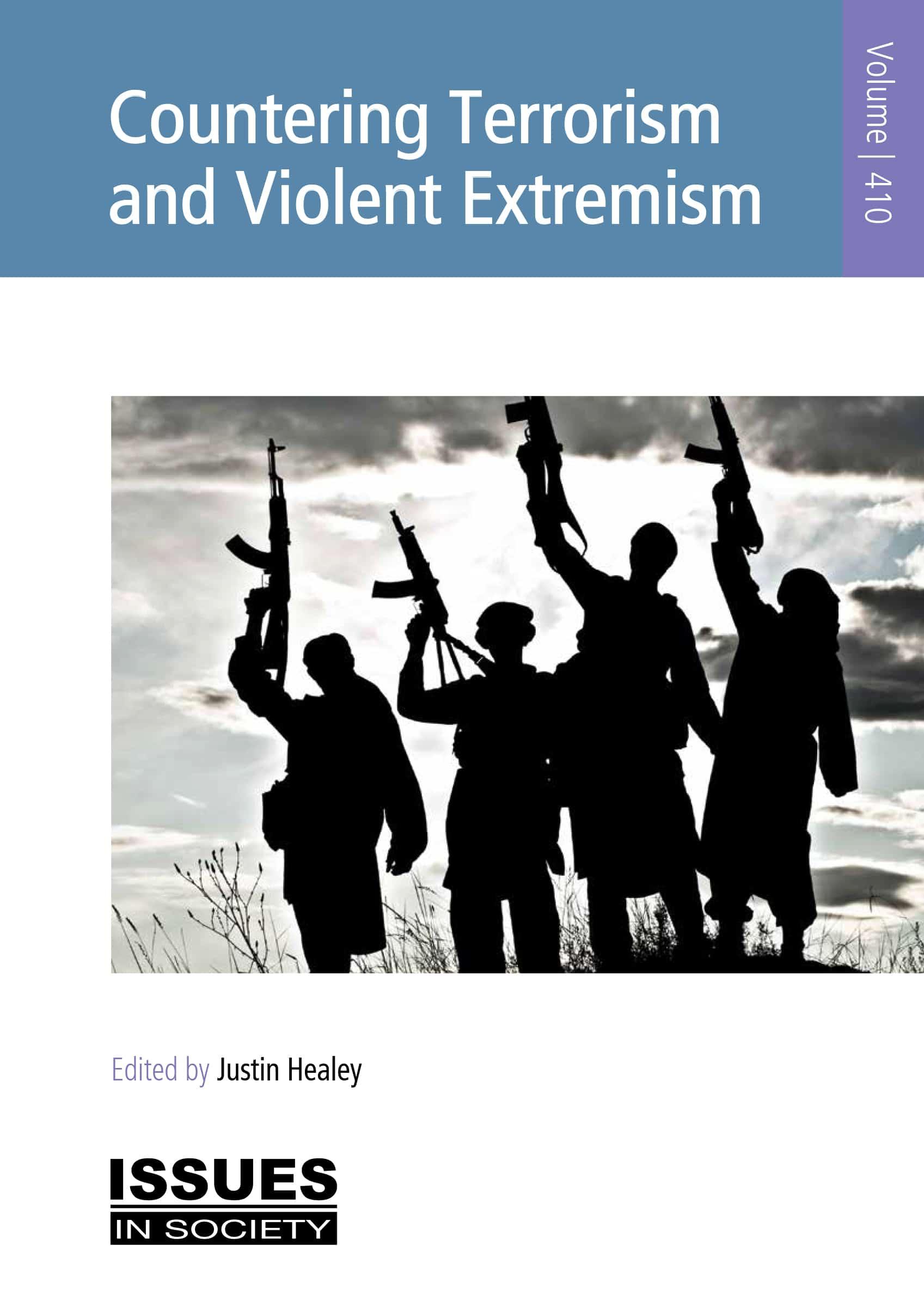In a significant political shift, a far-right party in Germany has achieved a historic surge in support during the recent elections, raising concerns and prompting discussions across the nation and beyond. The dramatic increase in votes reflects not only changing social sentiments but also the impact of economic challenges, immigration debates, and the lasting effects of the COVID-19 pandemic. As customary parties grapple with these developments, understanding the factors behind this rise and its implications for German politics and society is crucial. This article delves into the election results, key players, and the broader context surrounding this unprecedented electoral outcome, providing insights into the future trajectory of Germany’s political landscape.
Understanding the Factors Behind the Far-Right Surge in Germanys Election
The recent surge in support for far-right parties in Germany’s election can be attributed to a complex interplay of social, economic, and political factors. Economic instability has left many voters feeling anxious about their future, particularly in the wake of global crises such as the COVID-19 pandemic and the ongoing fallout from inflation. As traditional parties struggle to provide clear solutions, the far-right has capitalized on this unrest by promoting a populist message that resonates with disaffected citizens.Furthermore, the growing perception of cultural threats posed by immigration has galvanized the far-right’s base. many voters express concerns over national identity and social cohesion, viewing the influx of migrants as a challenge to german values. This sentiment is compounded by the effective use of social media by far-right groups to spread their narratives, create echo chambers, and mobilize supporters.The result has been a stark polarization within society, as the far-right continues to gain traction among various demographics, particularly in regions struggling with high unemployment and demographic changes.
Implications of Rising Far-Right support for German Politics and Society

The recent surge in support for far-right parties in Germany has significant ramifications for both political discourse and societal cohesion.This shift reflects a growing discontent among segments of the population, driven by concerns over immigration, economic instability, and national identity. Such dynamics could lead to:
Fragmentation of traditional coalitions: Mainstream parties might find it increasingly challenging to form stable governments, as far-right parties take a more prominent seat at the political table.
Normalization of extremist rhetoric: There is a risk that xenophobic and nationalist discourses become more accepted in public debate, impacting social interactions and community relationships.
Policy shifts: A far-right presence in parliament may accelerate the implementation of restrictive immigration policies and enhance scrutiny over multicultural initiatives.
The societal impact is profound, as communities could face polarization and increased tensions. with the rise of far-right ideologies,Germany may see a resurgence of activism from counter-movements advocating for inclusivity and human rights.This could manifest in:
Grassroots mobilization: Individuals and groups may organize more vehemently to counteract the influence of far-right parties, perhaps leading to widespread protests and advocacy campaigns.
Social media influence: Digital platforms might become battlegrounds for ideology, with misinformation and hate speech gaining traction, complicating public discourse.
Decline of trust in institutions: As political divisions intensify, public confidence in democratic institutions could wane, leading to increased apathy or hostility towards governance.
Public Reactions and Concerns: What Citizens Are Saying About the Shift

As Germany copes with the aftermath of the election, public sentiment is palpably mixed. Supporters of the far-right party express feelings of empowerment, seeing this surge as a mandate to address issues they believe mainstream parties have neglected. Many cite concerns over immigration, national security, and economic stability as reasons for their support. Key phrases often echoed in public discussions include:
“Time for a change”
“Our voices are finaly being heard”
“Protect our borders”
In stark contrast, a significant portion of the population is alarmed by this shift in political landscape. Critics warn that the rising influence of far-right ideologies could erode the values of democracy and inclusivity long championed in Germany. Protests have sprung up across major cities, leading many to express their concerns through slogans such as:
“No to hate, yes to tolerance”
“Diversity is our strength”
“Stop the rise of extremism”
Group
Percentage of Supporters
Far-right supporters
35%
Concerned citizens
55%
Undecided voters
10%
Strategies for Counteracting Extremism in German Political Discourse

Countering extremism in political discourse requires a multi-faceted approach that engages multiple sectors of society. Key strategies include:
Promoting Media literacy: Educational initiatives that enhance media literacy among citizens can help them critically evaluate information sources, identify misinformation, and reduce the spread of extremist narratives.
Fostering Inclusive Dialog: Creating spaces for dialogue that include diverse voices can help counteract polarization. Community forums, workshops, and public discussions can bridge divides and encourage understanding.
Engaging Civil Society: Non-governmental organizations and community groups play a vital role in grassroots engagement.They can facilitate programs addressing the root causes of extremism, such as social inequality and disenfranchisement.
Strengthening Legislation: Legislative bodies must enforce laws that combat hate speech and prevent the dissemination of extremist ideology while ensuring that measures do not infringe on free speech.
Moreover, the role of digital platforms in perpetuating extremist content cannot be overlooked. Developing partnerships with tech companies to create effective content moderation strategies is critical. This collaboration can include:
Strategy
Description
Content Monitoring
Implementing advanced algorithms for identifying and flagging extremist content.
Public Awareness Campaigns
Launching campaigns to educate users on recognizing and reporting extremist content.
transparency Reports
Publishing regular reports on content moderation efforts to ensure accountability.
Concluding Remarks
the recent surge in support for the far-right party in Germany’s election marks a significant shift in the country’s political landscape. This development raises significant questions about the future trajectory of German politics, societal cohesion, and the implications for Europe as a whole. As the nation grapples with the complexities of this newfound political reality, ongoing discussions will likely focus on the factors driving this support, the reactions from established parties, and the potential impact on both domestic and international policies. As Germany navigates this pivotal moment, observers will be keenly watching how these dynamics evolve and what they may mean for the broader European context.
—-
Author : Charlotte Adams
Publish date : 2025-02-25 04:18:26
Copyright for syndicated content belongs to the linked Source.